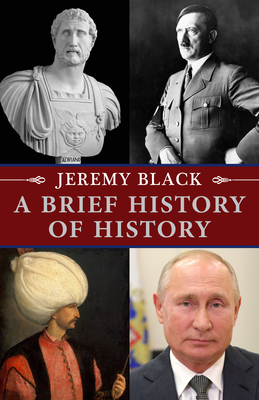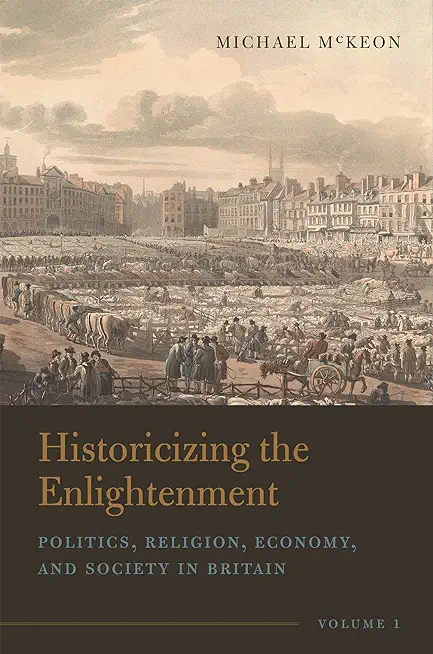
description
b>The New Yorker) exploration of who gets to record the world's history--from Julius Caesar to William Shakespeare to Ken Burns--and how their biases influence our understanding about the past. There are many stories we can spin about previous ages, but which accounts get told? And by whom? Is there even such a thing as "objective" history? In this "witty, wise, and elegant" (The Spectator), book, Richard Cohen reveals how professional historians and other equally significant witnesses, such as the writers of the Bible, novelists, and political propagandists, influence what becomes the accepted record. Cohen argues, for example, that some historians are practitioners of "Bad History" and twist reality to glorify themselves or their country. "Scholarly, lively, quotable, up-to-date, and fun" (Hilary Mantel, author of the bestselling Thomas Cromwell trilogy), Making History investigates the published works and private utterances of our greatest chroniclers to discover the agendas that informed their--and our--views of the world. From the origins of history writing, when such an activity itself seemed revolutionary, through to television and the digital age, Cohen brings captivating figures to vivid light, from Thucydides and Tacitus to Voltaire and Gibbon, Winston Churchill and Henry Louis Gates. Rich in complex truths and surprising anecdotes, the result is a revealing exploration of both the aims and art of history-making, one that will lead us to rethink how we learn about our past and about ourselves.
member goods
No member items were found under this heading.
Return Policy
All sales are final
Shipping
No special shipping considerations available.
Shipping fees determined at checkout.







